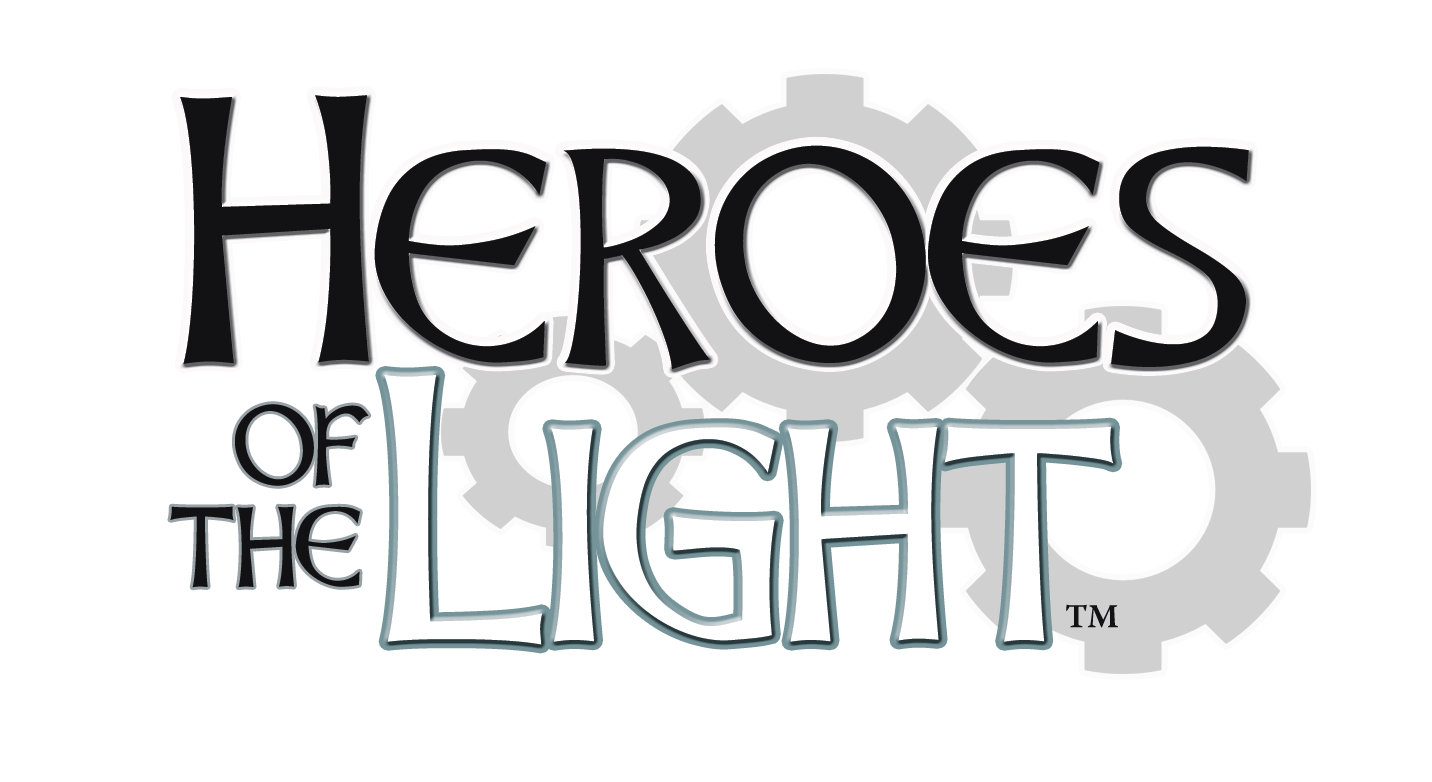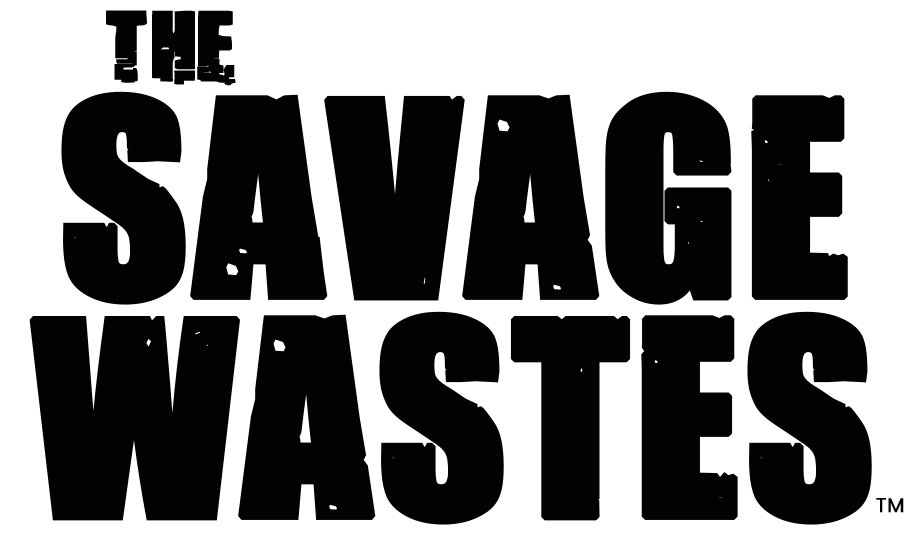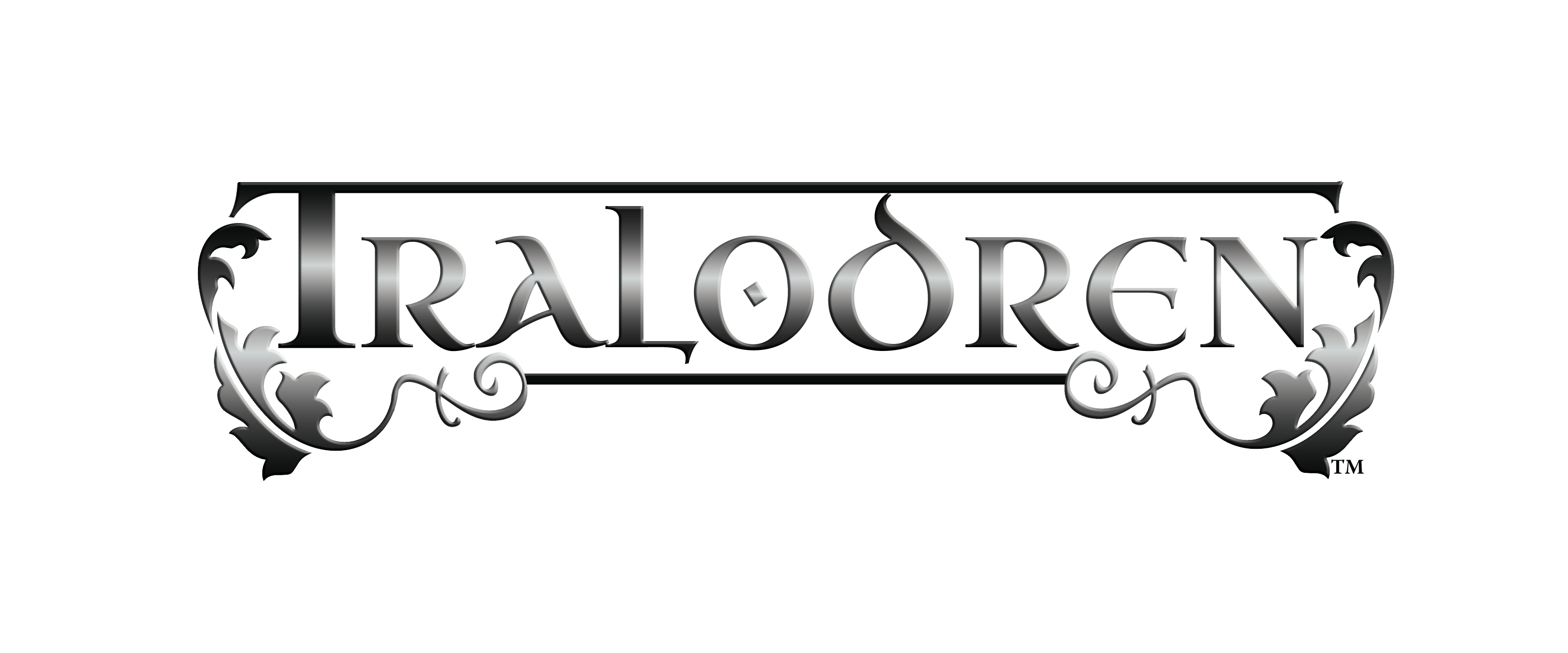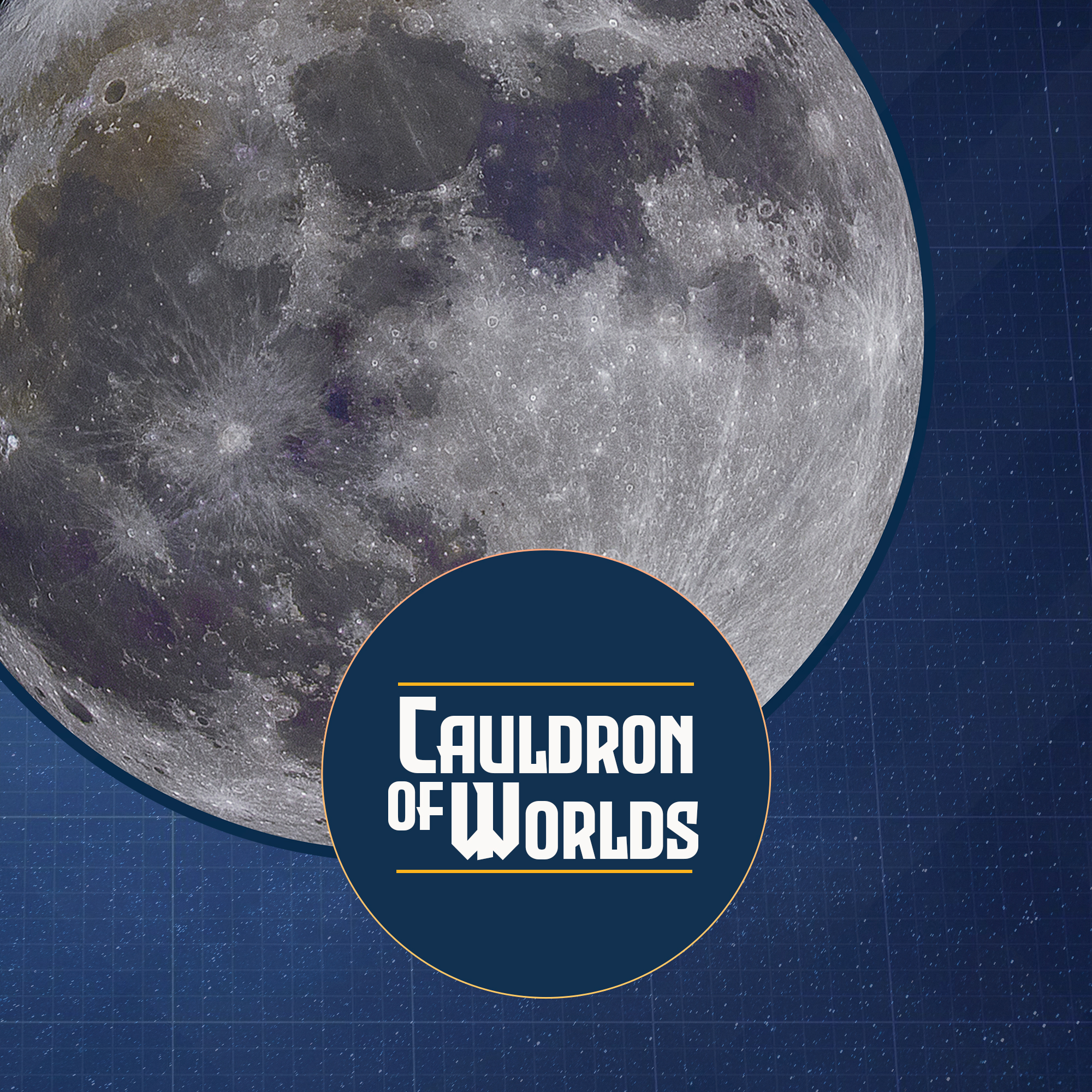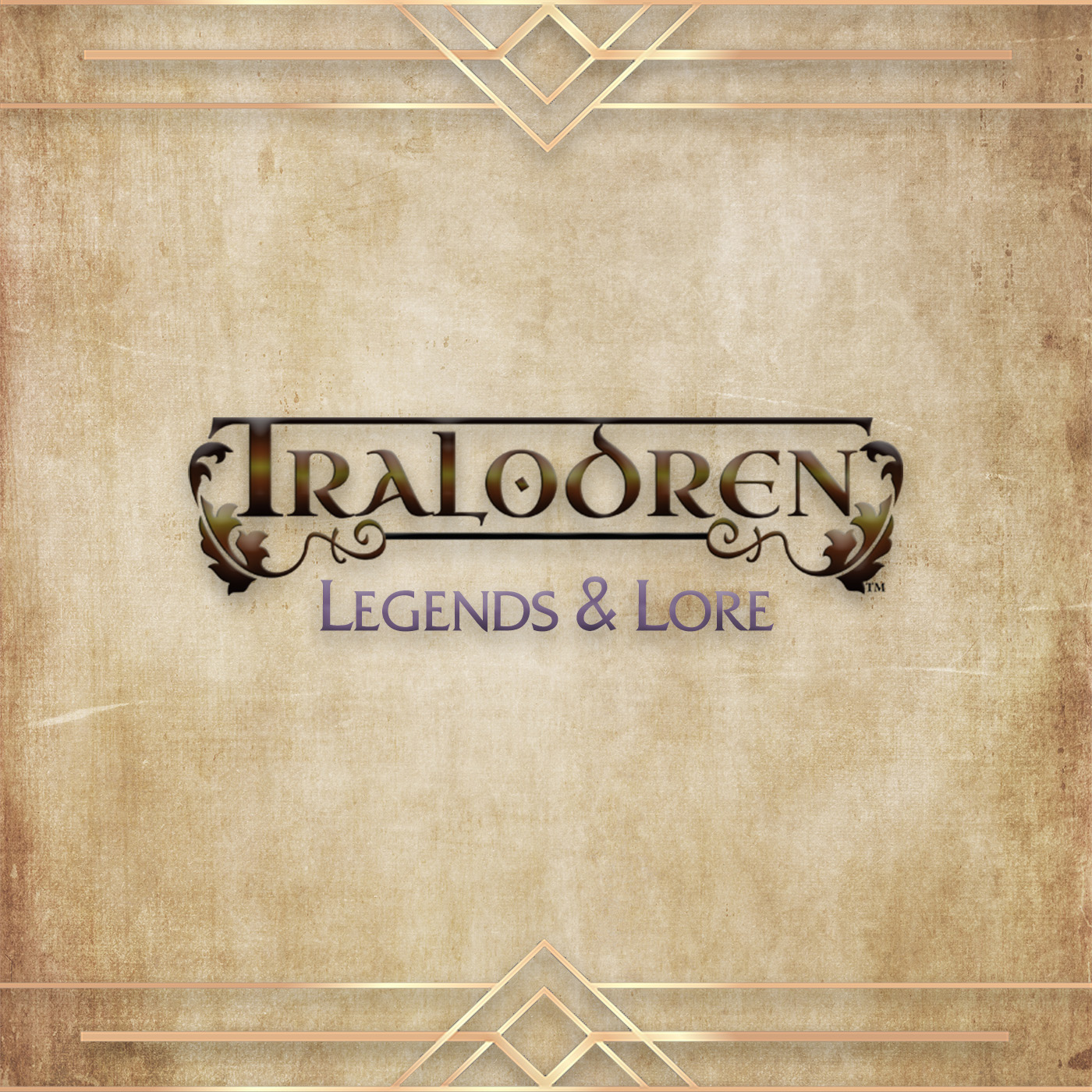AGENTS
A PARTING OF THE WAYS
THE WRITER’S DESK © Chad Corrie
Up until now this series has covered the topic of locating and securing an agent, but now I’d like to take a different turn and look at what is also part of having an agent: deciding when it’s time to part ways.
Most authors don’t even give this a first thought let alone second. Being so focused on just securing an agent they don’t dwell on the full picture of such an option even becoming relevant. Sadly, though, in today’s market it happens more often than you might think and so it’s wise to have a working idea of what’s involved so if you’re ever facing such a situation you’ll be at least somewhat forewarned.
As with all things I’ve shared with these essays what I am putting forth is a collection of my own experiences, personal insight, as well as what I’ve gathered from other sources. So again, take it with a grain of salt. That said, it’s more often the case your agent will part ways with you rather you doing so with them. So let’s look at that scenario first.
While it might seem odd now—especially if you’ve just signed with an agent—there is no guarantee that relationship will be there forever. Many things can and often happen outside of your control that can leave you without an agent faster than you might think. I don’t pretend to know all the reasons that might crop up but here are the most common:
The Agent Quits. This is more common than you might like to think. While many new agents starting out are full of energy and rearing to go often times the never-ending swell of email submissions, follow ups, and general day-to-day office work soon takes its toll, sending many an agent packing. And while burnout can get to the newbie there are some older agents who up and leave for various other reasons such as looking to make their own e-book publishing company, seeking to become an editor, or even just plain retirement and/or career change.
The Agent Dies. A little bleaker, but it still occurs. We’re all going to depart this planet at some point and some just do it sooner than others. And age might not have anything to do with it. Accidents and disasters do occur, after all, of which even agents are not immune.
The Agent Goes on Maternity Leave. This too is more common than you might think. With there being more females than males in the publishing business it tends to happen quite frequently. This can be the same for editors as well as publishers who took on your book (but that is whole other topic all together). The good news is the leave is supposed to be temporary; they will be coming back at some point. The bad news is some chose not to return and look to stay home to raise their family and thus by default decide to no longer be your agent.
The Agent Departs for a New Firm. This tends to happen every so often, especially with the new, younger agents who might not have found their niche yet. While it is possible for you to perhaps travel with them when they make their switch it is also possible you might not get to go, having to stay with the original agency you signed up with instead. And if that agency does not want to represent you after you previous agent’s departure . . . yup, you guessed it.
The Agent is Fired. Yeah, it happens. Agents are people too and those working for an agency can and sometimes do get fired. Whether it’s office politics, corrupt/unprofessional actions on the part of an agent, or something else all together, you might find an email in your inbox letting you know your agent is no longer with the agency and your present state of representation is dependent on whether they decide to take you on instead. If they don’t then, yeah, you’re back looking for a new agent.
The Agent Decides to Drop You. While many authors after they find their agent would never dream of them being dropped it can and does happen. This can be for a variety of means: poor sales, lack of time on the agent’s part, they’re no longer interested in your work, they haven’t been able to sell your work, they decide to change their focus on what they represent, or many other options.
While these scenarios are a bit bleak it is important to be aware of their possibility and be prepared—at least mentally—so you won’t be as blown away as many are when they occur. And in order to do that let’s explore some of the options open to you in each of the abovementioned situations.
First of all if you’re working with an agent that’s part of an agency then in many cases there will be something in place either in contract form or a working understanding dealing with the abovementioned matters. This means in many cases you will have a safety net to fall into. So we’re going to push those situations aside for now. Because if the agency doesn’t want to pick you up after one or more of the above listed options happens you can still often find a contact or referral they’ll bring your way to help secure a new agent. If for some reason that doesn’t happen then you can check out the next paragraph.
For those who have been working with an agent without an agency and one or more of the options take place then you can find yourself in a pretty tough spot. You don’t have a safety net of having other agents to fall back on who are at least vaguely aware of your work or being able to be refer you to some other agent instead. This means you’re going to be starting over again to some degree in seeking out new representation.
Depending on where your work might be in the mix of all this (published vs. unpublished) you can add some things in your new pitches to agent hopefuls that are in your favor. Even if you don’t have anything in print it is possible to at least use your situation to get a better chance at securing a faster reply.
I won’t go back into query letters again but by simply putting in the letter your recent agent died/quit the business/etc. you put yourself into a new category. The somewhat vetted and tried category. And by so doing you should stand out to any prospective agent looking for clients. I saw “should” as there is still no guarantee they’ll pick you up because of it, but it’s at least one good thing out of the situation you can use in your favor.
Now if your work is on submission when this agent matter occurred you’ll have to do some following up and checking up before moving on. Most agent contracts or understandings are that since editors and publishers can be slow in getting to submissions the agent can still claim representation rights on a work if an offer comes in—even if they have parted company from you. This can be potentially problematic but easy to at least deal with up front with a simple follow up on your part. Some might not advise doing this but to me it isn’t fair to you or the other agents you’re going to be querying if some time after you get a new agent and things are underway the publisher makes an offer to your old agent.
To avoid this I recommend following up with the publisher(s) yourself, saying what has taken place and that you were looking to see if you could either withdraw the work and submit it with a new agent when one was secured or if they’ve gotten through the full manuscript, asking what their interest in it might be. In most cases they probably won’t have gotten to it yet so you’d be fine in taking it to a withdrawal. Here again some might caution to wait the standard 30 day waiting clause in most contracts and agreements and then go from there. But for me this whole business is about time and using it wisely. And to go back to the previous analogy of the agent being someone you hire to work for you, it doesn’t make sense for someone who has decided to no longer work with you to benefit from what really is a glorified version of sending an email to a publisher.
And on that line of thought let’s turn to the other side of the coin now, wherein you are the one who initiates the parting of ways. While there may be many varied options, most of the time it comes down to the following:
The Agent is Just Not Doing their Job. Maybe you’ve had an awesome start but now your agent is not doing anything for you. You ask for them to send out more queries and pitches and it falls on deaf ears. You seek to learn about what is going on with other submissions and they have nothing else out there for you. You find yourself asking again why they didn’t follow up on the lead you sent them or why your royalty check is five months late (and incorrect) for the third time in a row. You get the idea.
The Relationship has Become Adversarial. I’ve been in a situation like this before and it's not fun. Sometimes due to poor communication, a misunderstanding of roles, and confusion with the overall plan on things can cause a clash. And if it can’t be calmed and cleared away it's hard to do any business let alone future work together. Rather than try and solider on sometimes it’s best for both parties to just go their separate ways.
You No Longer Share the Same Vision. It can be hard to go one direction when the one who is suppose to be on the same team is pulling in the other or not even moving at all. Sometimes this can happen with the agent/author relationship. When it does, and a remedy cannot be found, it’s often wise to see about parting ways before things potentially grow worse.
The Agent is a Crook. This is something most don’t like to think about but there are some folks out there who are less than honest when it comes to being an agent. More often than not this rears its head when the money starts to come into the picture. Or there could be other matters such as foreign rights deals made without your consent or knowledge, attempting to copyright your work as their own, or even working themselves into deals in such a way as to take you out and put them in the lion share of control, money, and more. Not to mention making other secret deals for their own benefit. While thankfully such agent events are rare it still is possible for them to occur.
While there can be other options and even a blending of the ones I shared that bring you to this point what is clear is that there might come a time when you are looking at having to part ways with your agent. But how do you go about this and what do you need to be prepared to do before you do it?
First, make sure you understand your contract (if you have one) on what is required to put in a notice of termination of services. Secondly, when you write that termination or call or whatever is required be mindful of the need to keep it professional. No matter your current emotional state don’t do anything or say anything outside of the bonds of common professionalism. Simply state what needs to be stated and be done with it. You don’t need any more complications coming out of some sharp tongue lashing or venting.
Depending on how things are set up in your contract/agreement you should have a period of time that needs to take place before everything is fully back in your hands. As I stated above you might want to just go ahead and notify any people who have been sent your work about your situation—stating so-and-so is no longer your agent (don’t go into details) and follow up from there. If at all possible it might be best to wait till everything has cleared the submission gate (i.e. there are no more submissions out to publishers) to end the relationship so as to make the process an even cleaner break. But do be aware if an offer does come through from a publisher to your agent after letting them know your intent to part ways you might find yourself stuck with having to work with them on it—or investing more time (and possibly some legal actions) into getting them removed from it. Just something to keep in mind when planning your termination notice.
In the case of having work already picked up by a publisher and/or already published then you will be set to work with that agent for the life of said work since they are the agent of record for the title no matter what happens next. This is the reason why it’s good to keep things as cordial and professional as possible throughout the termination process. They will be handling your money for the duration of that book (unless you can work out a separate agreement with the publisher). So again, keep it cordial and make sure you can remain on speaking terms. There is nothing worse than having the need to follow up on something with your former agent and they’ll never respond to you ever again.
Once you have cleared the agent (and assuming you have dealt with any other legal matters that might need to be attended to—which is too large a matter to be dealt with in this post) you are free to start looking for a new one. I wouldn’t go into greater depths about what to do next as you’ll have basically gone full circle, and should know by now what do from there.
However, in light of all of what I shared you can see why it is important to have a long term view of things when you’re looking for an agent. That means knowing the contract or having all the basic bases covered in an agreement, knowing what needs to happen should you ever find yourself in those not so fun places I shared earlier.
Now, I didn’t share this to scare you nor make you suddenly mistrust your agent or anyone who might be expressing interest in your work. Most agents you find will be decent people who are trying to the do their best at making a living in the crazy world of publishing. They really shouldn’t be seen as the enemy but as a part of the team helping you both to gain some profit and benefit from your publication. Just keep this essay in mind with some added good old common sense and things should be just fine as you continue down the publishing path.



